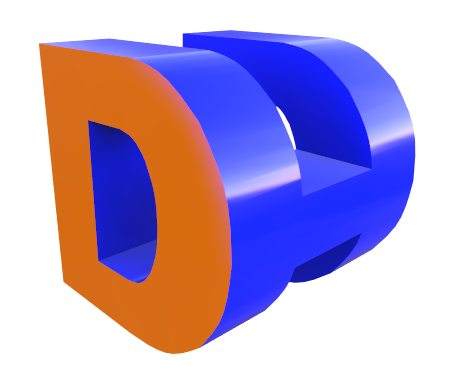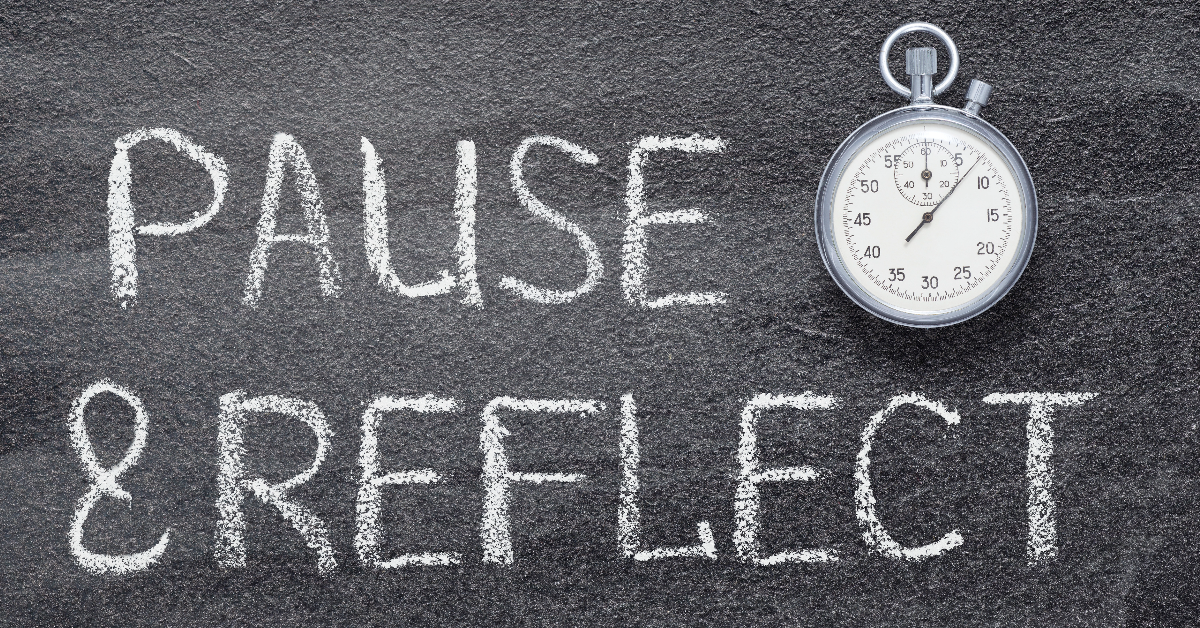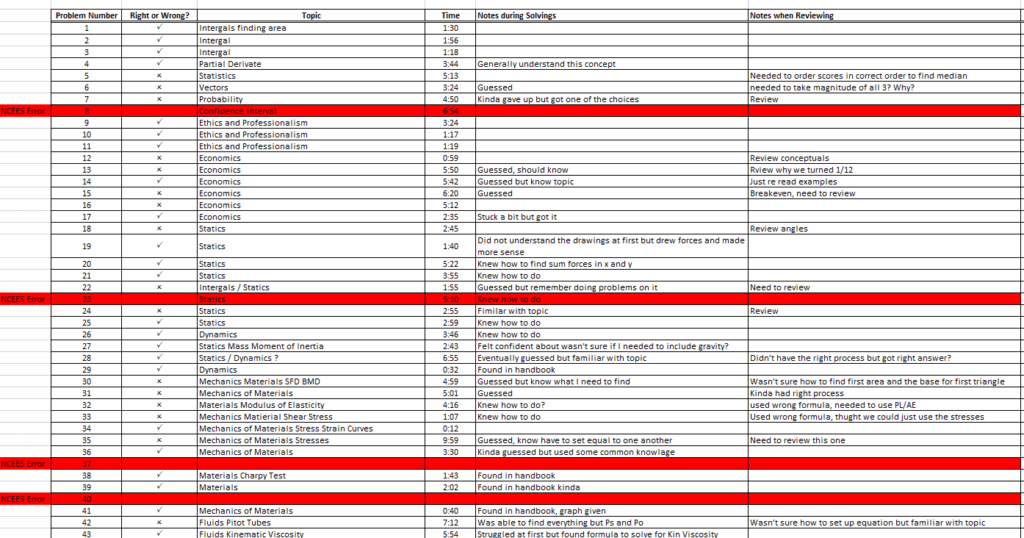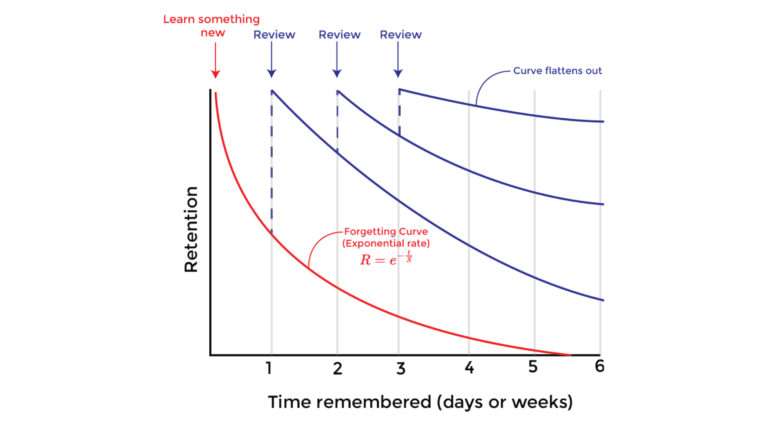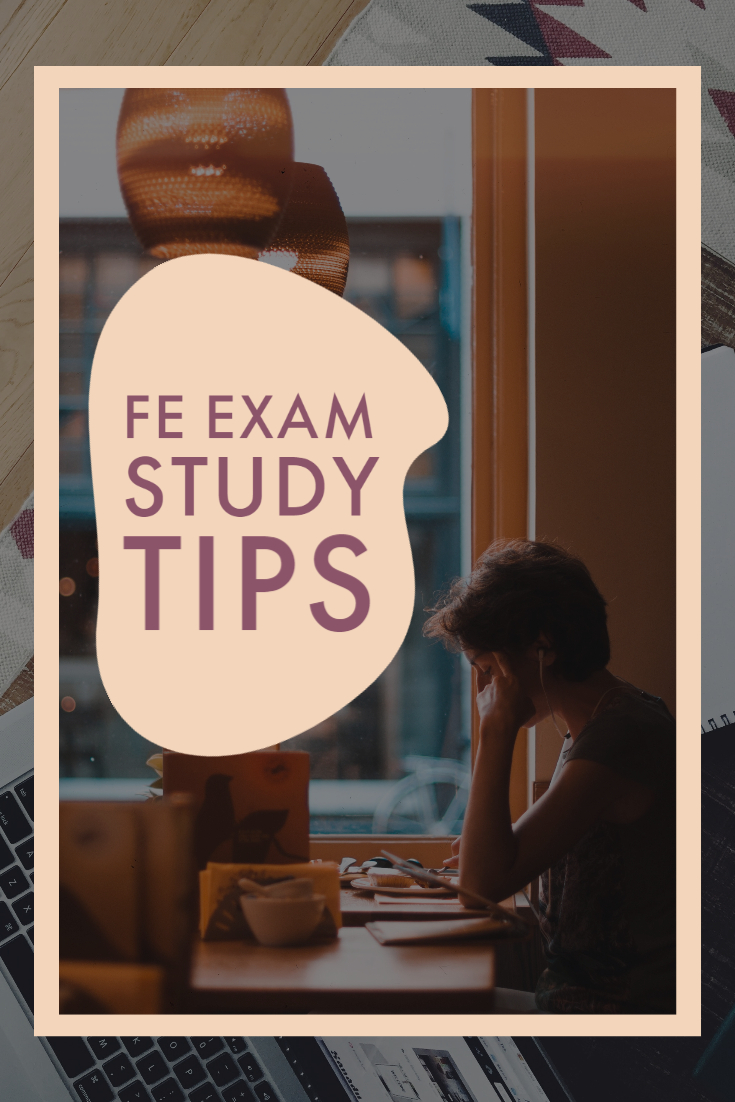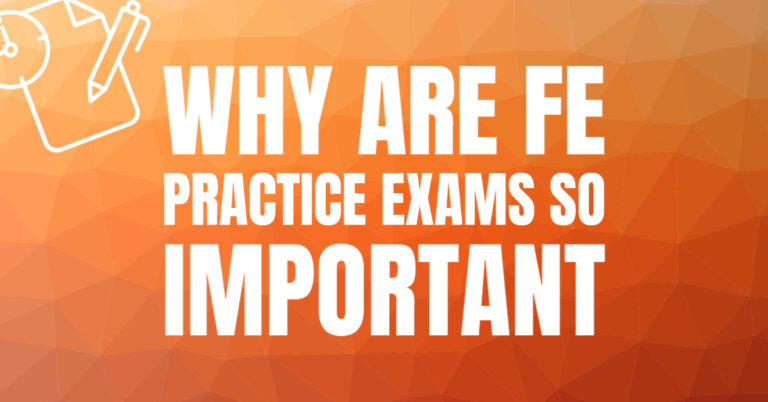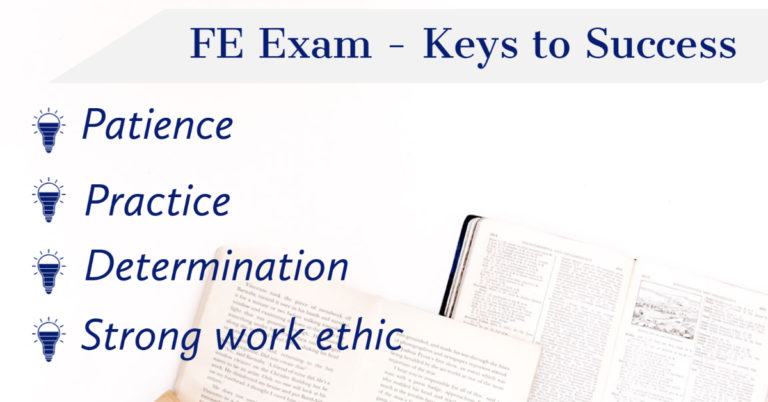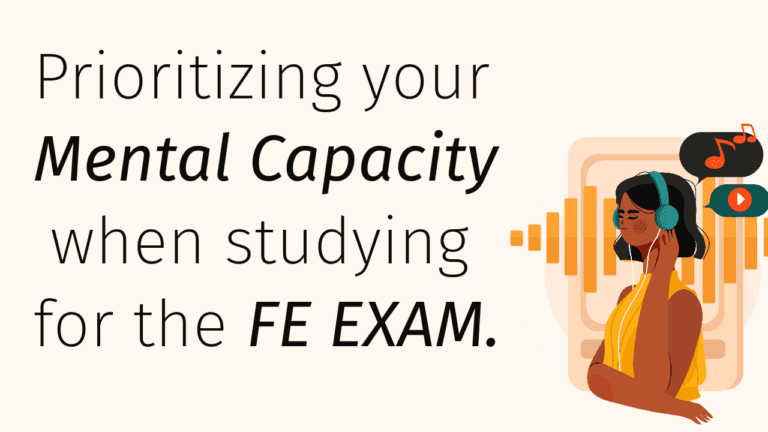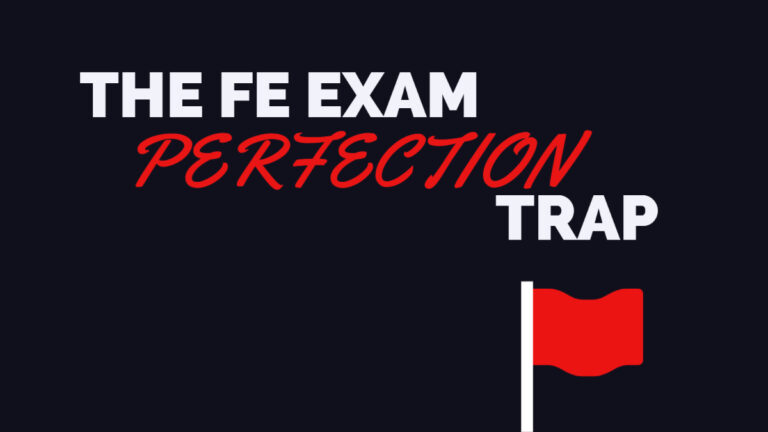Applying your Reflective Capacity when studying for your FE exam
Today I want to share some ideas with you about a skillset we don’t often hear about when it comes to learning just about anything. And yes, it does apply to your FE exam prep.
Just now, I was helping out a classmate who’s about to take his FE next week. He’s currently going through practice exams and reviewing them as thoroughly as possible. What caught my eye is the review process he’s implementing when going through the NCEES practice exam. He sent me an Excel sheet that looks something like this:
Click the image to see a zoomed in view. Analyze it carefully. Are you done looking at it?
This is precisely the type of reflection I ideally want to strive for when doing and reviewing practice exams. Notice how reflection takes form in written notes. And yes! You don’t have to hold it in your head. You have too much to think about already, so please keep notes to yourself either in a word document, on paper, or using an Excel sheet.
I’ll be honest, I did not take it to this level when studying for my exams. But the general self-talk I do or the red marks I would write down for each problem followed this general reflective thought process that we must do when practicing problems. Do not just move forward without reflecting!
What’s the point though? Can’t we just solve thousands of problems? That will surely get us prepared?
First of all, learning is not a one-way process. Meaning, when we attempt to solve a problem, whether we get it right or wrong doesn’t really matter. It’s not about getting the right answer. It’s an iterative process that involves not only solving a problem but, most importantly, receiving all the valuable feedback a problem throws back at us. Let’s just call this discovery because this is truly when you will discover gaps in your knowledge, misunderstandings, or even “minor” things like unit conversions.
Solving thousands of problems isn’t enough to solve 110 BRAND NEW problems you’ve never seen before on exam day. Your goal is to develop a broad understanding, a broad problem-solving toolset, and a broad conceptual framework that can be applied to any FE-style problem. This conceptual broadness is best developed when we ask uncomfortable questions about why we don’t understand something and whether we really know how to solve the problem without memorizing the solution.
No one is expecting us to master this stuff completely. Don’t make that a learning goal. What is expected is that you practice with your reflective capacity. This is a capacity that can be developed, just like a skill. With this reflective capacity, you’re bound to discover new questions, you will have those “aha!” moments, and you will be ready to confidently go through this exam as you rely on your own problem-solving intuition.

